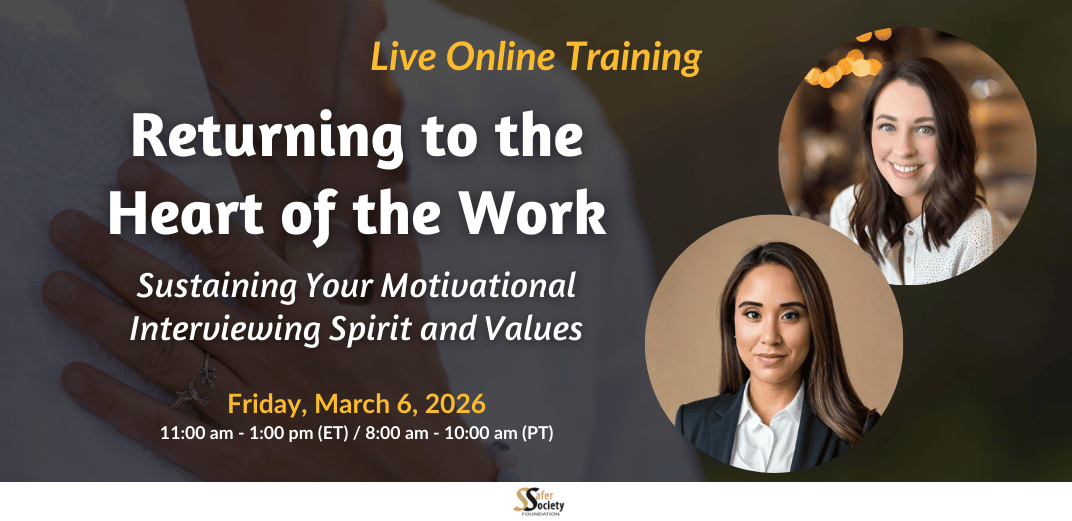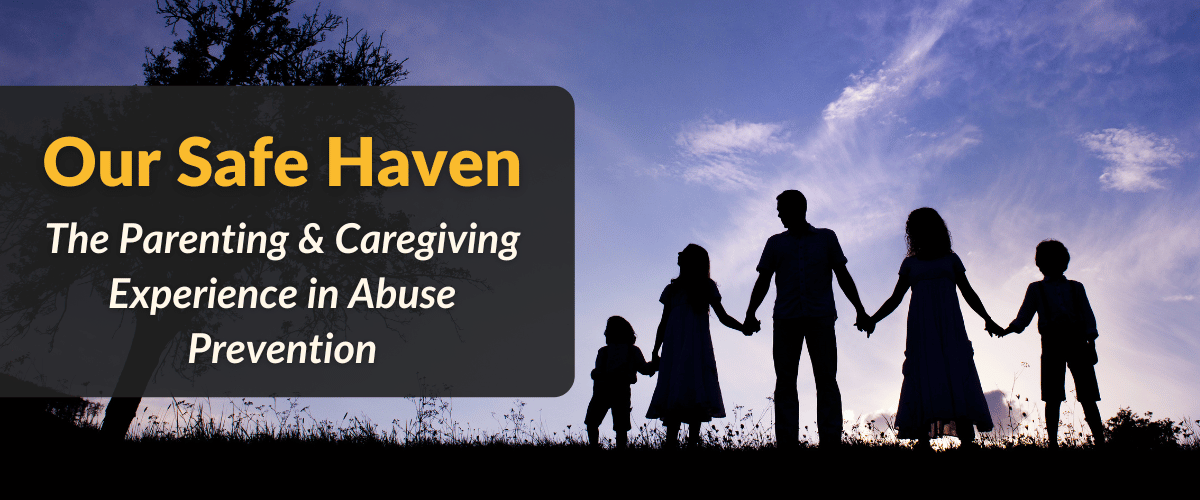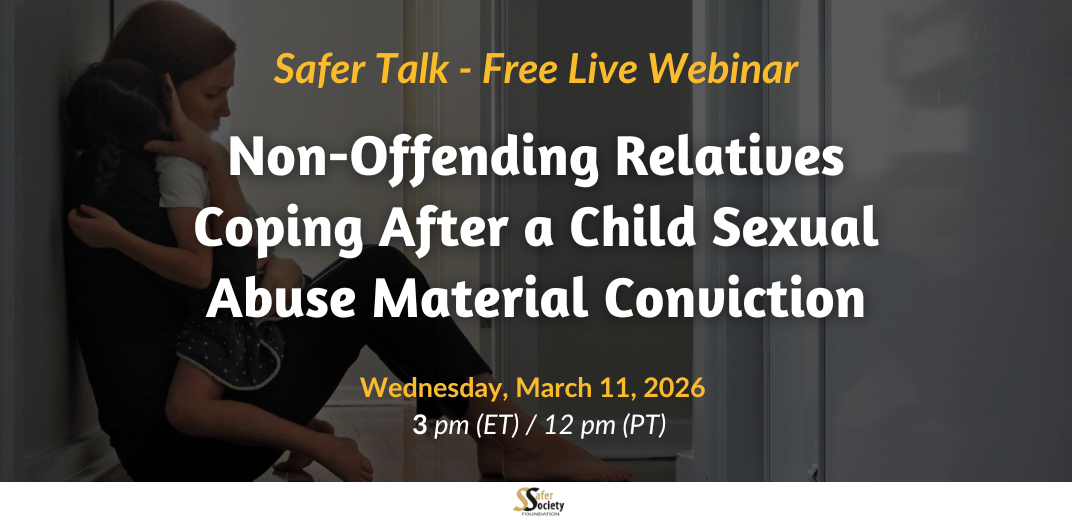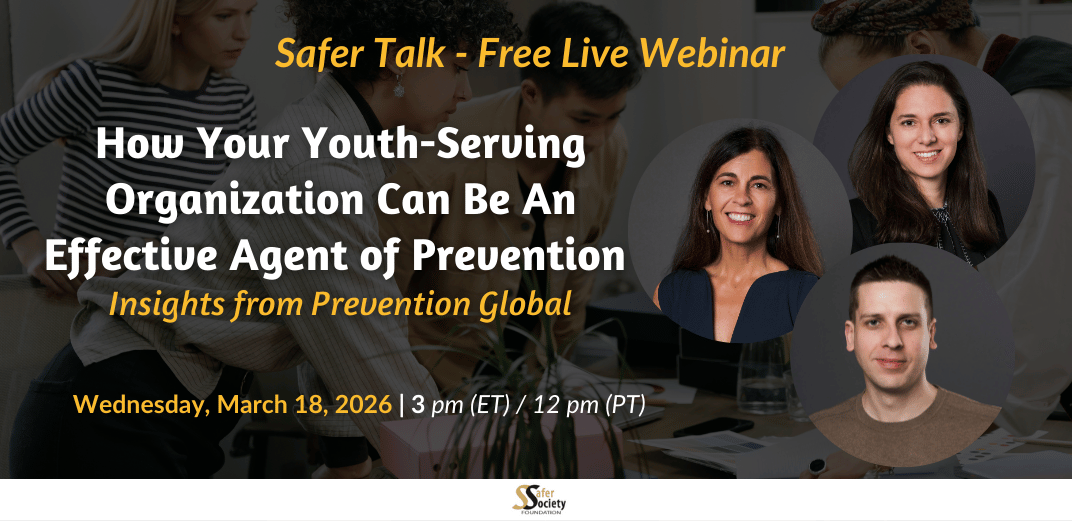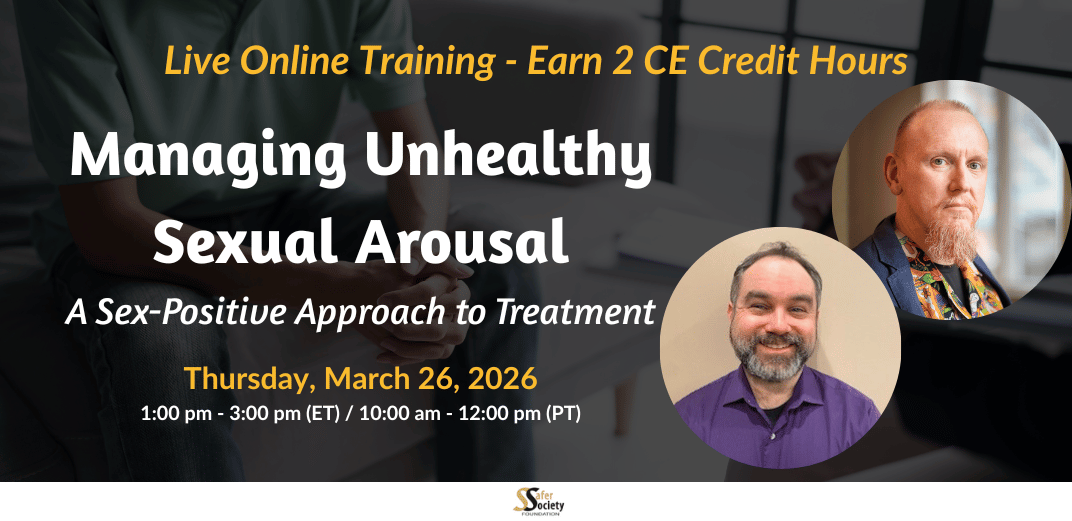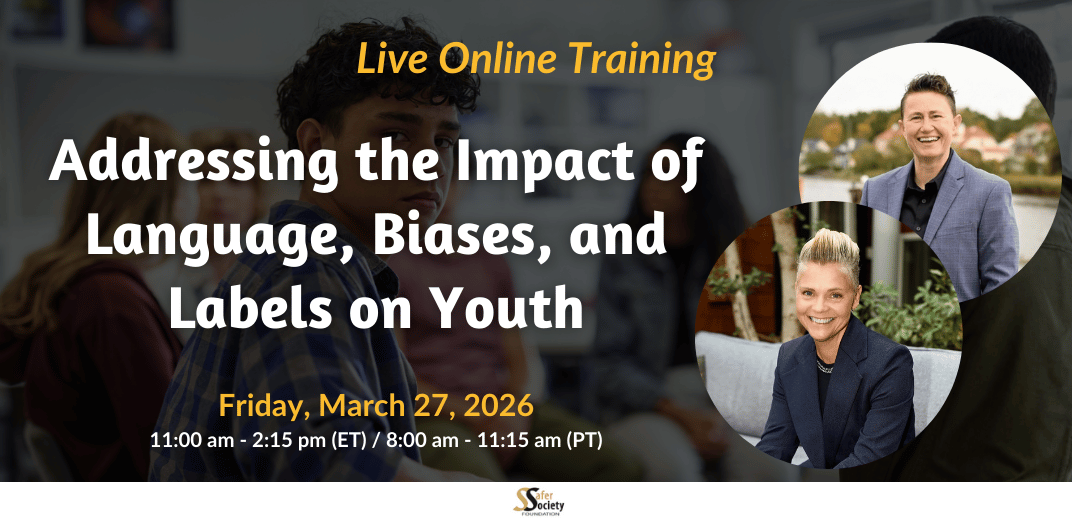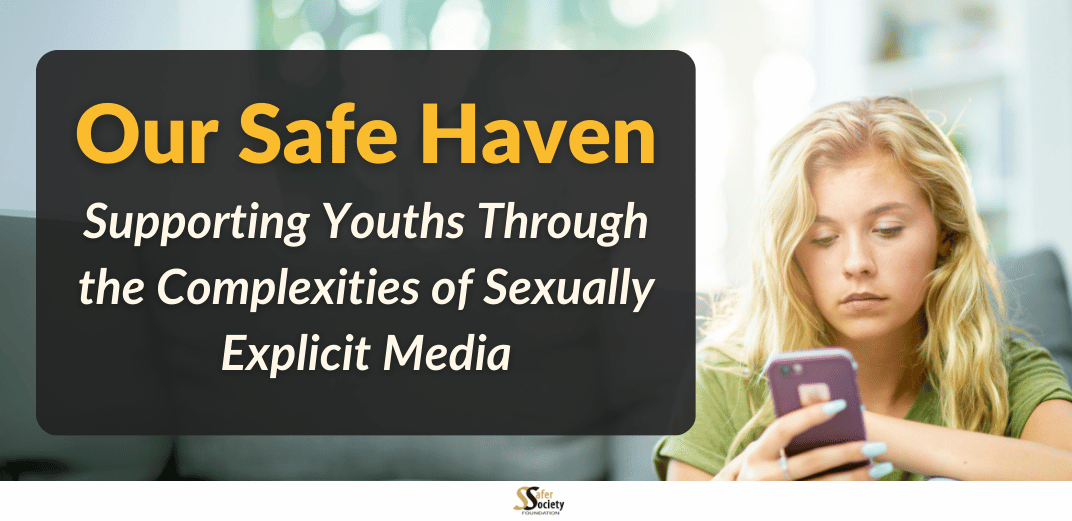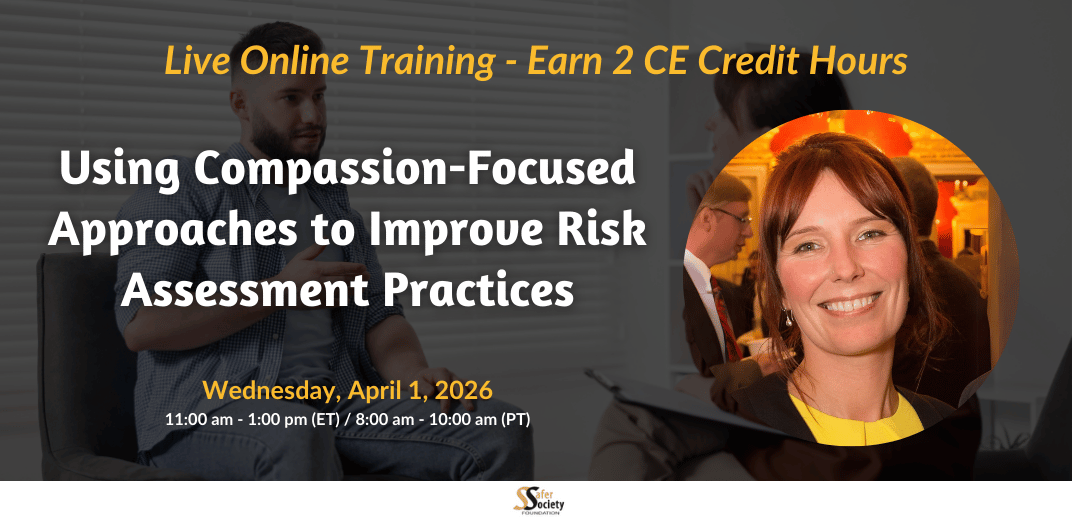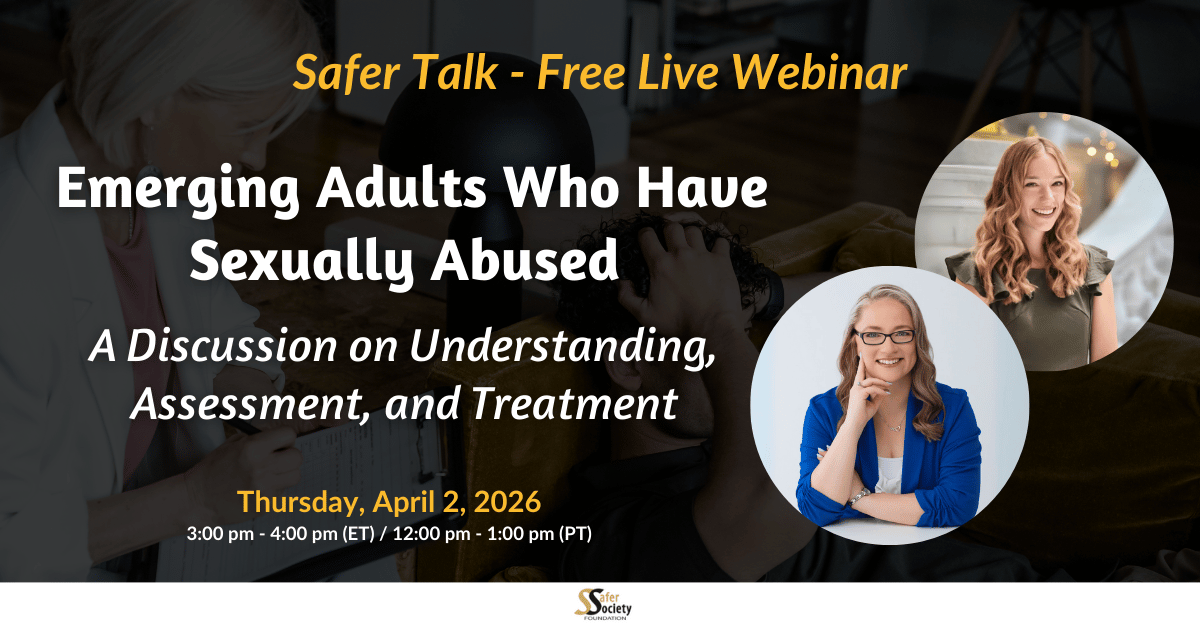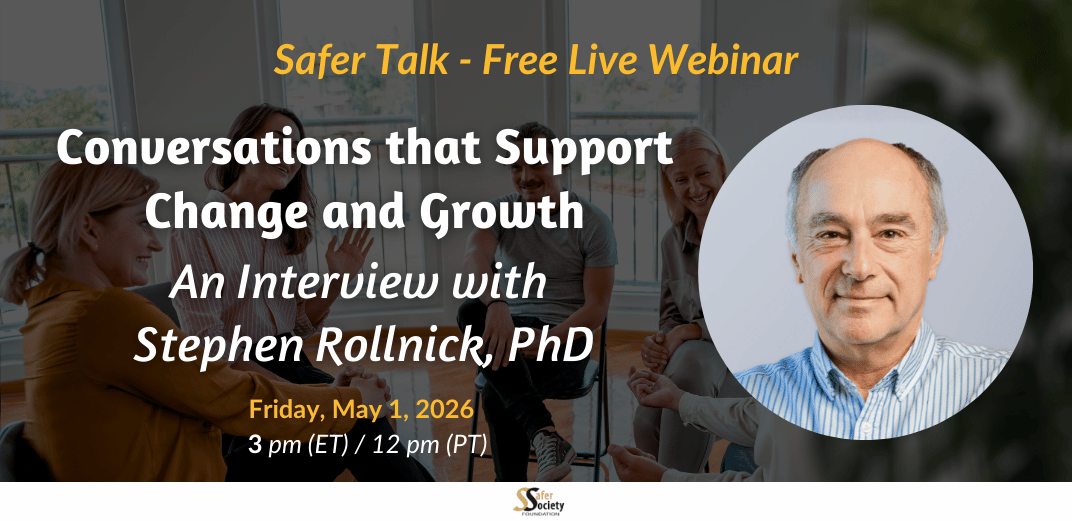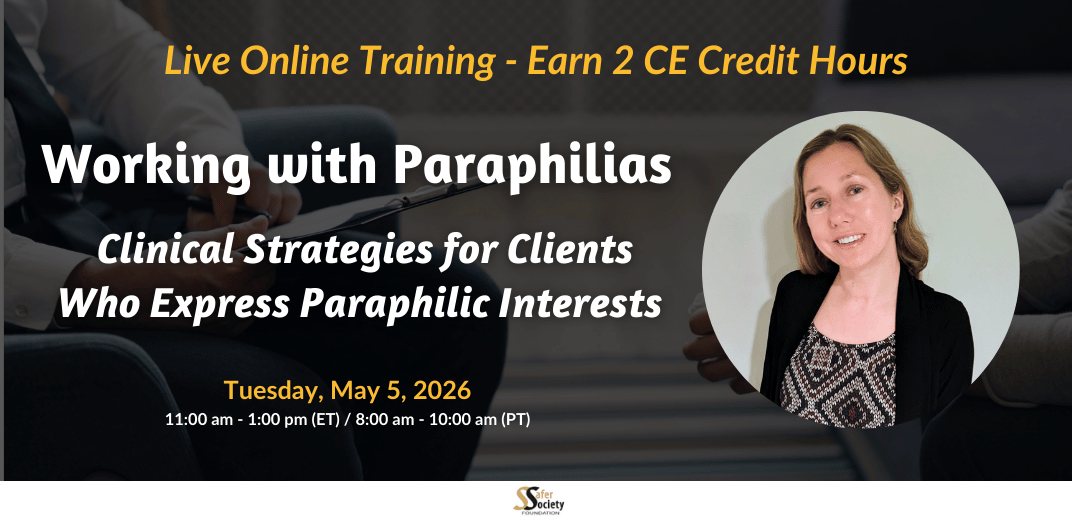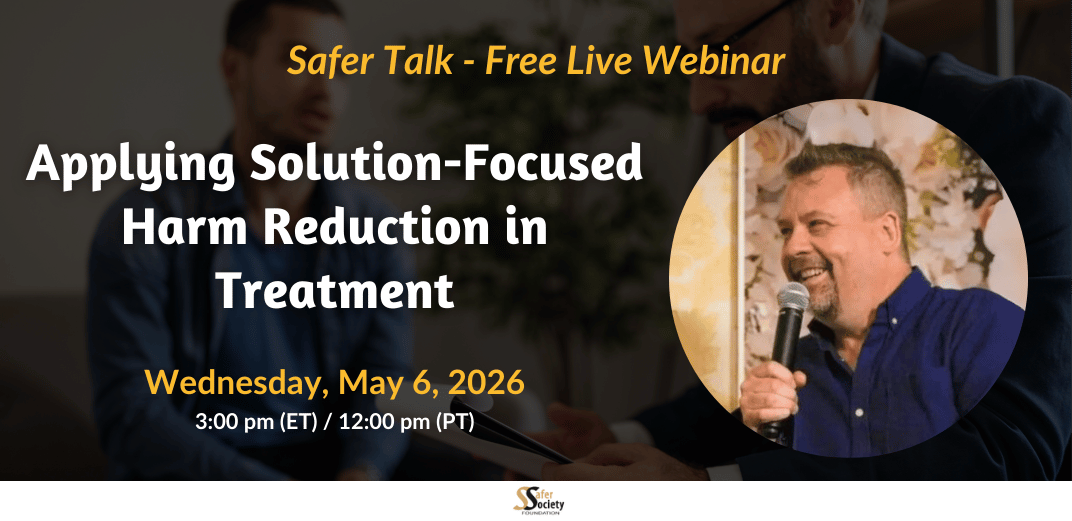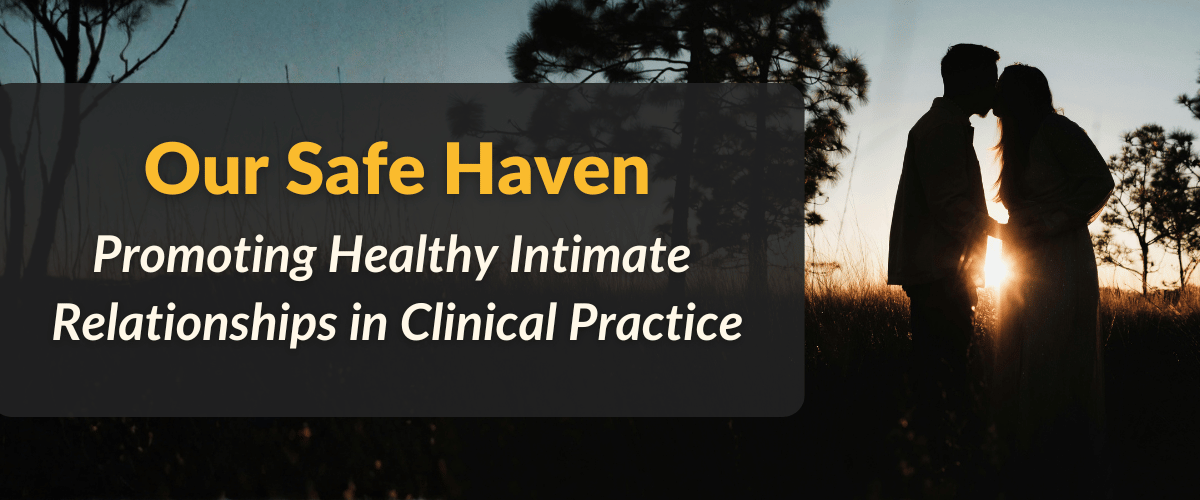
Our Safe Haven: Promoting Healthy Intimate Relationships in Clinical Practice
Developing and maintaining healthy relationships is a central aspect of treatment for sexual offending. Relationships shape how individuals see themselves, connect with others, and find meaning and accountability in their lives. Yet for many people who have caused harm, the path toward genuine intimacy, trust, and empathy can be filled with obstacles. Professionals working in this field face unique challenges in helping clients develop their capacity for closeness while addressing fears, misunderstandings, and past traumas that affect connection. This work invites both professionals and clients to rethink what healthy relationships can look like in all their diversity and complexity.
Building on these ideas, we invite you to join us for this series of professional dialogues moderated by Jay Herman, LCSW, and David Prescott, LICSW. These sessions provide a space to discuss and explore the complexities of relationships through historical and structural lenses, including what professionals and clients can learn from both monogamy and non-monogamy.


